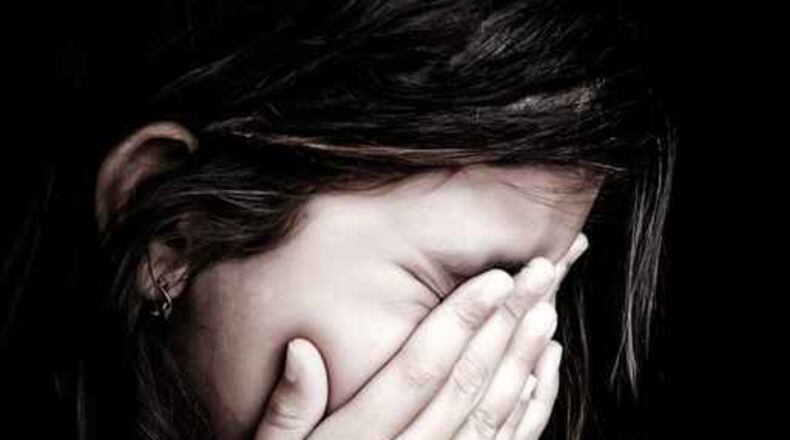I recently read an astute comment from a former public-school teacher now teaching in a private school. Asked about differences in the students, she said the kids in public and private schools were exactly the same. What made the difference was teaching 14 of them in a class, rather than 35.
An acquaintance who left public school for a small private school made the same point to me a few years back. In the public school where she had been the sole counselor, she said she knew the names of all the students. In the boutique private school where she was a dean, she knew the names of the students, their younger siblings and their guinea pigs.
Small classes -- and smaller schools -- allow educators to develop closer relationships with students, which may be the only way this current and growing push for social and emotional learning is going to work.
(Even with that, I have reservations that teachers can provide the nurturing, emotional sustenance and psychological support that historically has come from parents and families. Increasingly, I see assertions that our schools should do more to address childhood trauma. Many American children experience trauma related to household poverty and addictions. They and their families need interventions well beyond what a school with a part-time nurse and overburdened counselor can provide. It’s not fair to ask schools to compensate for depleted community mental health programs.)
In a new nationally representative survey, the Education Week Research Center asked teachers about social and emotional learning, better known as SEL. Seventy-eight percent of teachers agreed it’s part of their job to help students develop strong social and emotional skills.
Writing about the responses, Ed Week reporter Sarah Schwartz wrote that, while teachers agree it's important for them to teach these skills, many still don't feel equipped for the responsibility.
Schwartz wrote:
Principals also report in surveys that they favor the teaching of SEL, but time constraints and lack of teacher training are a major barrier. In Education Week's survey, teachers said they had difficulty "finding ways to help students who appear to be struggling with problems outside of school"—43 percent of teachers said they found this hard.
Teachers also said it was difficult "finding ways to help students who appear to be experiencing emotional or psychological distress." Twenty-three percent of teachers said that was their most challenging task…Less than 40 percent of teachers surveyed by the Education Week Research Center said they received training in conflict de-escalation, and a similar number said they had been trained in child trauma. Only 29 percent said they had received mental health training.
Your thoughts?
About the Author
The Latest
Featured


